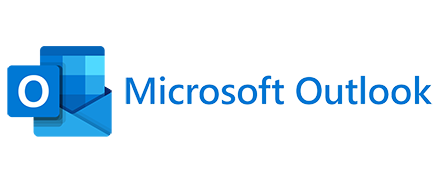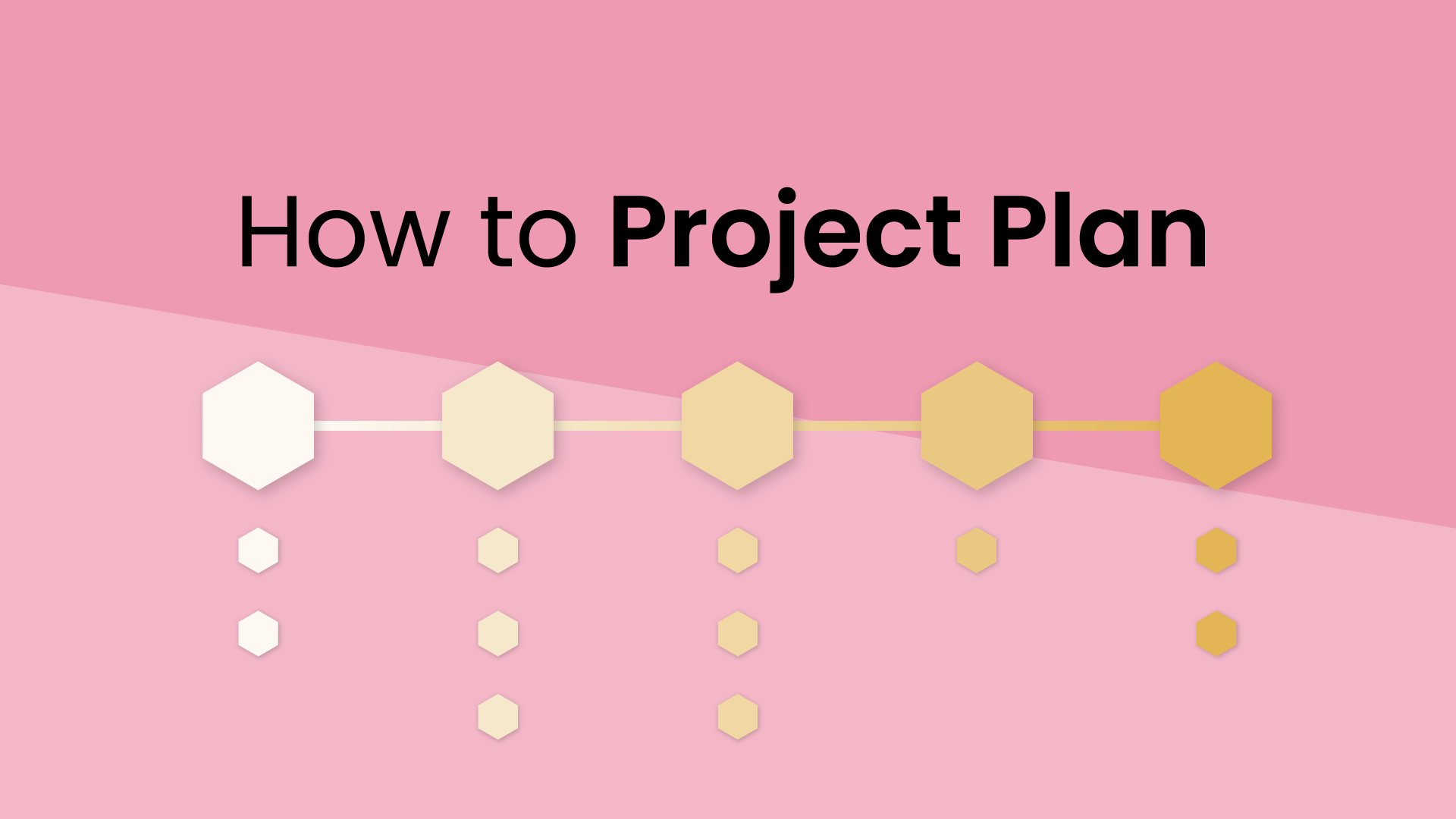

Habits are like the backstage crew of your life – they work behind the scenes and you don’t even notice. Of course, not all habits are good, healthy, or positive. Some (like smoking cigarettes) might negatively impact your physical well being or your future success. But the right habits can make all the difference between just getting by and truly thriving.
Building good habits, though? That’s where things get tricky. We all start with good intentions (remember those New Year’s resolutions?), but without the right approach, it’s easy to fall off the wagon.
In this article, we’ll cover 60+ habits that can transform your workday and daily routine, and your personal life and give you back some of that elusive balance.
What does a good habit look like?
Good habits don’t just magically appear overnight. They’re the result of intentional design and careful effort. But what makes a habit “good,” and what’s the difference between a habit that sticks and one that fizzes out?
Intention and design. A good habit is built with purpose. It serves a clear, specific function that aligns with your values, goals, and priorities. After all, you don't want to be filling your life with habits just for the sake of having habits. It's about doing better, not just more. If you try to adopt too many habits at once or ones that don't really resonate with your personal goals, you're probably setting yourself up for failure.
But, how exactly do these good habits form?
The habit loop
At the heart of every habit is the “habit loop.” It's the underlying structure that drives all of our daily routines – whether we realize it or not. And, the thing is, it's universal; both good and bad habits operate according to the habit loop. Here’s how:
- Cue: This is the spark – the thing that kicks everything off. It could be something external (like your morning alarm ringing) or something internal (such as the feeling of hunger reminding you to eat). The cue is your reminder to get started, whatever the habit may be.
- Routine: This is where the real habit happens – the action you take. It could be something small, like taking a deep breath before a stressful meeting, or something larger, like hitting the gym for a full workout. The routine is the heart of the habit and might be what you think of first when you think of a habit. It’s the ‘doing’ part.
- Reward: The reward is the payoff, the thing your brain ultimately craves. It’s what reinforces the habit loop and makes it repeatable. Rewards can be tangible (like chocolate after finishing a task) or intangible (like the sense of accomplishment you feel after crossing something off your to-do list). The reward is what keeps you coming back for more, reinforcing that same loop again and again.
What makes a habit good?
Now that we’ve got the framework down, let's look at what sets good habits from harmful habits. A good habit involves intention, alignment, and practicality. Here’s what you should be looking for in truly beneficial habits:
- Purposeful: A good, positive habit is connected to something that matters to you. For example, it could be time management, feeling more energized, or carving out time for self-care. At the end of the day, good habits align with your long-term goals and values.
- Sustainable: You can’t expect a habit to stick if it feels like an impossible task. Habits need to be sustainable, meaning they’re realistic and adaptable to your lifestyle. Start easy and gradually build up over time.
- Simple: The most effective habits are often the simplest. There's no need for complex plans or lofty expectations. In fact, the more straightforward, the better. If you’re thinking of creating a morning routine, for example, don’t aim for a two-hour, Pinterest-perfect schedule. Just start with five minutes of stretching or journaling. The simpler it is to begin, the easier it is to stick with.
When habits don’t stick
Sometimes habits don’t stick. It's something we've all, unfortunately, experienced ourselves. You start a new habit with excitement, only for it to fizzle out weeks later. What happened?
Often, it’s because the habit wasn’t well-designed from the start. Maybe it didn’t align with your priorities, or you were too ambitious and set yourself up for failure. Good habits require a mix of patience, intention, and practicality. It's easy to get excited about change, but the real work comes in creating something sustainable.
Good habits for work & life (60+ examples & templates)
One of the easiest ways to stay consistent when building new habits is by using habit templates – basically, ready-made routines that help you stay on track without having to start from scratch. You might be looking to boost productivity, improve your wellness, start your day with a healthy breakfast, or focus on personal growth. These templates are designed to fit right into your day. Let’s check out some templates and examples that can help you hit the ground running.
Good habits for personal life
Wellness & mindfulness
- ️🧘 Meditation: Start your mornings with a 10-minute meditation to center your mind and reduce stress.
- 🌳 Taking a Walk: Spend time outdoors daily to recharge and clear your mind. Consider pairing this with a podcast or mindful breathing exercises.
- 💪 Exercise: Incorporate 30 minutes of movement daily – it’s a game-changer for both your physical and mental health. Try activities like yoga, cycling, or strength training.
- 🌞 Morning Mindfulness: Begin the day with a gratitude journal or reflective practice. Write down three things you’re thankful for.
- 🛏️ Bedtime Wind-down: Create a nightly ritual – like reading or light stretching – to signal your body it’s time to rest.
- 🧠 Daily Learning Hour: Dedicate an hour each day to expanding your knowledge through books, online courses, or documentaries.
Home & family
- 🍲 Meal Planning: Plan your meals weekly to save time and guarantee healthy eating. Use a template or app to streamline the process.
- 🧘 Self-Care Time: Block off regular time to recharge and focus on your well-being, such as a bath, spa session, or hobby time.
- 👖 Laundry: Set a recurring day for laundry to avoid pile-ups. Involve family members to make it a shared responsibility.
- 🔨 Home Maintenance: Use a monthly checklist to address small repairs before they snowball into bigger issues. For example, clean gutters or test smoke alarms.
- 🪴 Gardening: Spend time tending to plants to relax and beautify your space. Try growing herbs for cooking.
- 🍓 Grocery Shopping: Schedule regular trips to stay stocked with essentials. Consider creating a reusable shopping list.
- 🏠 Clean House: Dedicate time weekly to maintaining a tidy living environment. Divide tasks into manageable chunks, like focusing on one room each day.
- 📦 Decluttering & Donating: Regularly sort through items to keep your home organized. Set aside a donation box for items no longer needed.
Financial responsibility
- 💰 Pay Bills: Set up reminders or auto-pay to avoid missed deadlines.
- 💳 Pay Credit Card: Prioritize timely payments to avoid fees and maintain good credit. Check your statements monthly for accuracy.
- 🧮 Personal Financial Planning: Spend time reviewing your finances and setting goals, like saving for a vacation or emergency fund.
- 📝 Plan Family Budget: Collaborate on a monthly budget to align your financial priorities. Use tools like spreadsheets or budgeting apps.
Relationships & social connection
- 🤗 Call Family: Set aside 15 minutes once a week to catch up with loved ones. Rotate through different family members to stay connected.
- 🎥 Family Movie Night: Dedicate one evening to reconnect through fun activities. Let each family member take turns picking the movie.
- 🍽️ Dinner with Family: Make shared meals a regular occurrence. Use this time for meaningful conversations.
- 🌳 Weekend Outing: Plan occasional outings to strengthen bonds and create memories. Explore local parks or museums.
- 🎲 Family Game Night: Enjoy playful evenings with board games or card games. Consider introducing new games to keep it exciting.
- 🗺️ Plan Family Vacation: Take time to plan and look forward to trips together. Use a checklist to make sure you cover all details.
- 🎂 Send Monthly Birthday Cards: Celebrate loved ones by staying on top of special dates. Personalize messages to make them more meaningful.
Personal growth
- 📖 Reading: Commit to finishing a set number of books each month. Create a reading list to stay inspired.
- ✍️ Writing: Develop a habit of creative or reflective writing. Join writing challenges or use prompts for inspiration.
- 📓 Daily Journaling/Diary: Reflect on your thoughts and experiences each day. Focus on gratitude, achievements, or challenges.
- 🥅 Review Personal Goals: Use weekly check-ins to stay aligned with your aspirations. Adjust strategies as needed.
- 🕺 Update Personal Portfolio: Keep track of achievements and projects. Schedule time quarterly to review and add updates.
- 📝 Update Resume/CV: Keep your professional documents current. Highlight recent accomplishments or skills.
Miscellaneous
- 🍃 Mow Lawn: Schedule regular upkeep for outdoor spaces. Use it as an opportunity for light exercise.
- 🔐 Review & Update Passwords: Enhance your digital security regularly. Use a password manager for convenience.
- 🚗 Deep Clean Vehicle: Keep your car tidy and well-maintained. Set reminders for routine maintenance, like oil changes.
- 🦷 Schedule Dental Cleaning: Prioritize health with routine appointments. Pair it with other self-care habits for efficiency.
Good habits for work
Productivity & focus
- 📧 Morning Catchup: Spend 10 minutes each morning aligning your priorities. Use this time to review your to-do list.
- 📧 Afternoon Catch-up: Use a mid-day session to recalibrate your tasks. Focus on what’s achievable before the end of the day.
- 💻 Focus Time: Block off 2 hours daily for deep, uninterrupted work. Consider using tools like time-blocking apps.
- ✍️ Weekly Status Report: Spend 30 minutes every Friday reviewing your accomplishments and planning for the next week. Share this with your team if applicable.
Professional development
- 🧠 Daily Learning Hour: Dedicate time to skill-building – whether it’s coding, design, or leadership training. Enroll in relevant courses or workshops.
- 📝 Update Resume: Spend 30 minutes quarterly confirming your professional documents are current.
- ✍️ Work on Thesis: For students or professionals in academia, set consistent hours for research and writing. Break large tasks into smaller milestones.
Good habits for specific departments
Product Management
- 🏃 Sprint Planning: Collaborate effectively to set clear objectives. Use tools like Jira or Trello.
- 🎙️ Customer Feedback Review: Dedicate time to understanding user needs. Compile insights into actionable items.
- 🖼️ Weekly Design Review: Regularly assess progress with your team. Include visual presentations for clarity.
Engineering
- 💻 Coding: Spend focused hours on development work. Create a prioritized task list before starting.
- 🖱️ Code Review: Regularly review team contributions for quality and consistency. Provide constructive feedback.
- 🏛️ Architecture Design Review: Plan and evaluate technical designs thoroughly. Document key decisions for future reference.
Marketing
- 🎯 SEO Review: Optimize digital content for discoverability. Use tools like Google Analytics to track performance.
- 💬 Social Media Updates: Stay active and engaged on key platforms. Plan posts in advance using a scheduler.
- 🖋️Content Calendar Planning: Strategize your publishing schedule effectively. Align it with company goals.
- 📫 Newsletter: Craft compelling updates for your audience. Focus on delivering value.
- 📕Blog Writing: Develop consistent, valuable content. Research trending topics to stay relevant.
Sales
- 🖥️ CRM Updates: Keep your customer relationship management system accurate. Schedule time weekly for this task.
- 🕵️ Prospecting: Dedicate time to identifying and reaching potential clients. Use LinkedIn or other platforms to expand your network.
- 🖋️ Write Proposals: Draft compelling pitches to secure opportunities. Personalize each proposal to the client’s needs.
Human Resources (HR)
- 💌 Employee Surveys: Gather feedback to improve workplace culture. Review results and create actionable plans.
- 🎓 Quarterly Training Prep: Stay ahead of professional development needs. Partner with departments to identify key topics.
- 🏖️ PTO Review: Guarantee balance and fairness in leave management. Use tracking tools to streamline the process.
How to implement good habits
Good intentions are one thing; execution is another. That’s where templates (like the ones found in this list) come in. Here’s how you can use Reclaim.ai or similar tools to bring these habits to life:
1. Automate recurring tasks
One of the simplest ways to guarantee you consistently follow through on new habits is by automating them. The more you can automate, the less mental energy you’ll expend, which makes sticking to your habits much easier.
Take scheduling, for example. Use tools like Reclaim to block time for key activities, like meal planning, weekly reviews, or exercise. Instead of remembering every little task, let Reclaim remind you to stay on track. With automation, you’re setting up a system where your habits are already built into your day. The beauty of automation is that it takes decision-making out of the equation, so your habits stay consistent even when you’re busy.
2. Leverage habit stacking
Another great way to make new habits stick is habit stacking. Essentially, this means pairing a new habit with something you already do regularly. By linking the new habit to something that’s already automatic, the transition feels smoother, and before you know it, that new behavior becomes second nature.
For example, let’s say you want to start meditating every day. You don't necessarily need to find a whole new block of time, just do it right after brushing your teeth. Since brushing your teeth is already part of your routine, meditation will feel like a natural next step. It’s kind of like hitching a ride on a moving train – you’re using the momentum of an existing habit to make the new one easier.
3. Track your progress
Tracking your habits is a great way to stay motivated and see how much progress you’re making. You might be trying to meditate every day or drink more water. Regardless, keeping track helps you stay accountable. It’s not just about checking off boxes; it’s about spotting patterns, celebrating your wins, and adjusting when something’s not quite working.
Habit-tracking apps like Reclaim.ai make it easier to keep an eye on your habits. You’ll be able to spot trends – are you sticking to your new habits, or do you need to make a change?
Shareable Habits with Reclaim.ai
It's a powerful thing to build healthy habits, but what if you could share your success with others? Reclaim.ai’s Habits let you create custom templates for all your routines and easily share them, so you can inspire routines with your team and friends.
Build a smart Habit that defends flexible time for personal or work routines – like daily focus time or regular walks – and share the template link with your team. Everyone can adopt and tweak the Habit to fit their personal preferences.

With Reclaim, you can develop good habits alongside your team, making it easier to stay accountable and motivated together. Shareable Habits turns your personal success into a group effort, helping everyone develop habits that stick.
The ripple effect of good habits 🌊
Ultimately, habits are the foundation of our success and well-being, even if they can be easy to overlook. They shape how we show up for ourselves, our work, and the world around us. After all, little steps, when taken day after day, have a way of snowballing into something much bigger.
Start small, keep going, and watch as those little habits transform your life. What’s your first step going to be?
Productivity Trends Reports
AI calendar for
work & life
Auto-schedule focus time, meetings, & breaks.
Create your free account →CONNECT YOUR CALENDAR































